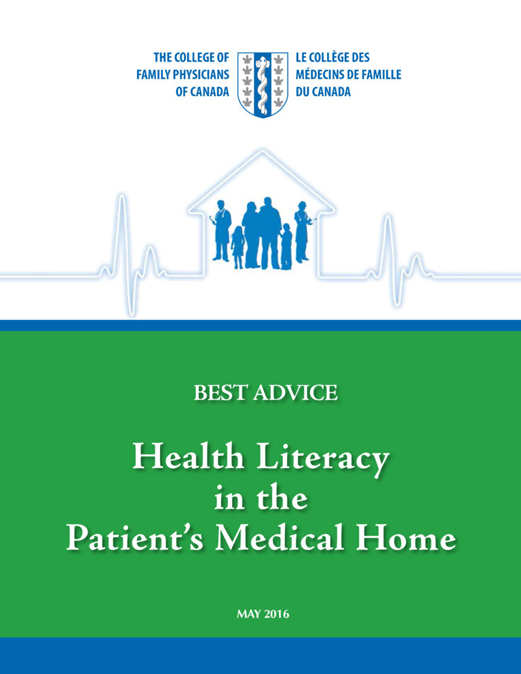
Empowering Through Health Literacy Education
In a world inundated with information, health literacy has emerged as a crucial skill. Empowering individuals with the knowledge to understand and navigate health-related information is fundamental to making informed decisions about their well-being. Let’s delve into the significance of health literacy education and how it plays a pivotal role in fostering a healthier society.
1. Understanding Health Literacy: Beyond Reading and Writing
Health literacy extends beyond the ability to read and write; it encompasses the capacity to comprehend, evaluate, and apply health information. Individuals with high health literacy can make informed choices about their health, understand prescription labels, and navigate healthcare systems effectively. It’s a multifaceted skill that empowers individuals to take control of their well-being.
2. Navigating the Healthcare Landscape: Informed Decision-Making
One of the primary benefits of health literacy education is its impact on informed decision-making. Understanding medical terms, interpreting health statistics, and grasping the implications of treatment options empower individuals to actively participate in their healthcare. Informed patients are more likely to engage in preventative measures and adhere to prescribed treatments.
3. Bridging the Gap: Effective Doctor-Patient Communication
Health literacy education plays a pivotal role in bridging the communication gap between healthcare providers and patients. When individuals are equipped with the knowledge to articulate their symptoms, understand medical advice, and ask pertinent questions, the quality of healthcare improves. Effective communication fosters a collaborative relationship, ensuring that individuals receive the care that best suits their needs.
4. Empowering Communities: Promoting Public Health
Communities thrive when their members are health-literate. Health literacy education at the community level promotes preventive measures, early detection of health issues, and overall well-being. By disseminating accurate health information, communities can work together to create environments that support healthier lifestyles and reduce the prevalence of preventable diseases.
5. Digital Health Literacy: Navigating the Online Health Landscape
In today’s digital age, health information is readily available online. Health literacy education extends to digital literacy, enabling individuals to discern credible sources, understand online health content, and navigate telehealth platforms. Digital health literacy is particularly relevant in empowering individuals to leverage technology for better health outcomes.
6. Educational Institutions as Catalysts: Integrating Health Literacy into Curricula
Embedding health literacy education into school curricula is a proactive step toward creating a health-literate society. By teaching students the skills to critically evaluate health information and make informed choices, educational institutions contribute to the development of a future generation capable of navigating the complexities of healthcare.
7. Workplace Wellness: Enhancing Employee Health Literacy
Promoting health literacy in the workplace contributes to a healthier and more productive workforce. Employers can support employee well-being by providing resources, workshops, and materials that enhance health literacy. A health-literate workforce is more likely to engage in wellness programs, adopt healthy behaviors, and contribute to a positive workplace culture.
8. Overcoming Barriers: Addressing Socioeconomic Disparities
Health literacy education plays a crucial role in addressing socioeconomic disparities in healthcare. Individuals with limited access to education or resources often face challenges in understanding and accessing healthcare services. By prioritizing health literacy education, society can work towards dismantling barriers and ensuring equitable health outcomes for all.
For additional insights and resources on health literacy education, consider exploring the information available at Health Literacy Education. This platform serves as a valuable resource for individuals seeking to enhance their health literacy skills and contribute to the creation of a healthier and more informed society. Empowerment through education is the key to building a future where everyone can actively participate in and prioritize their health.



